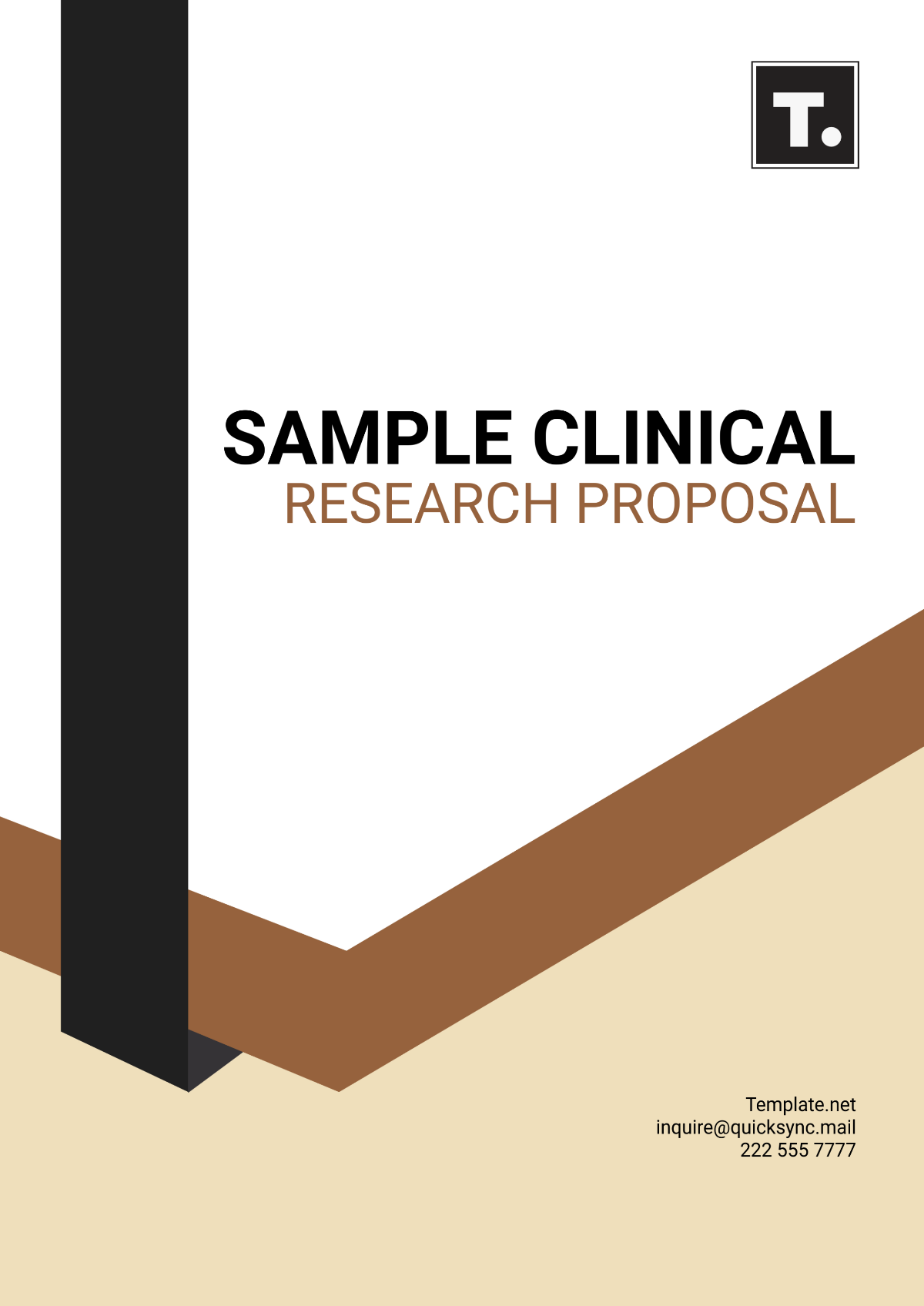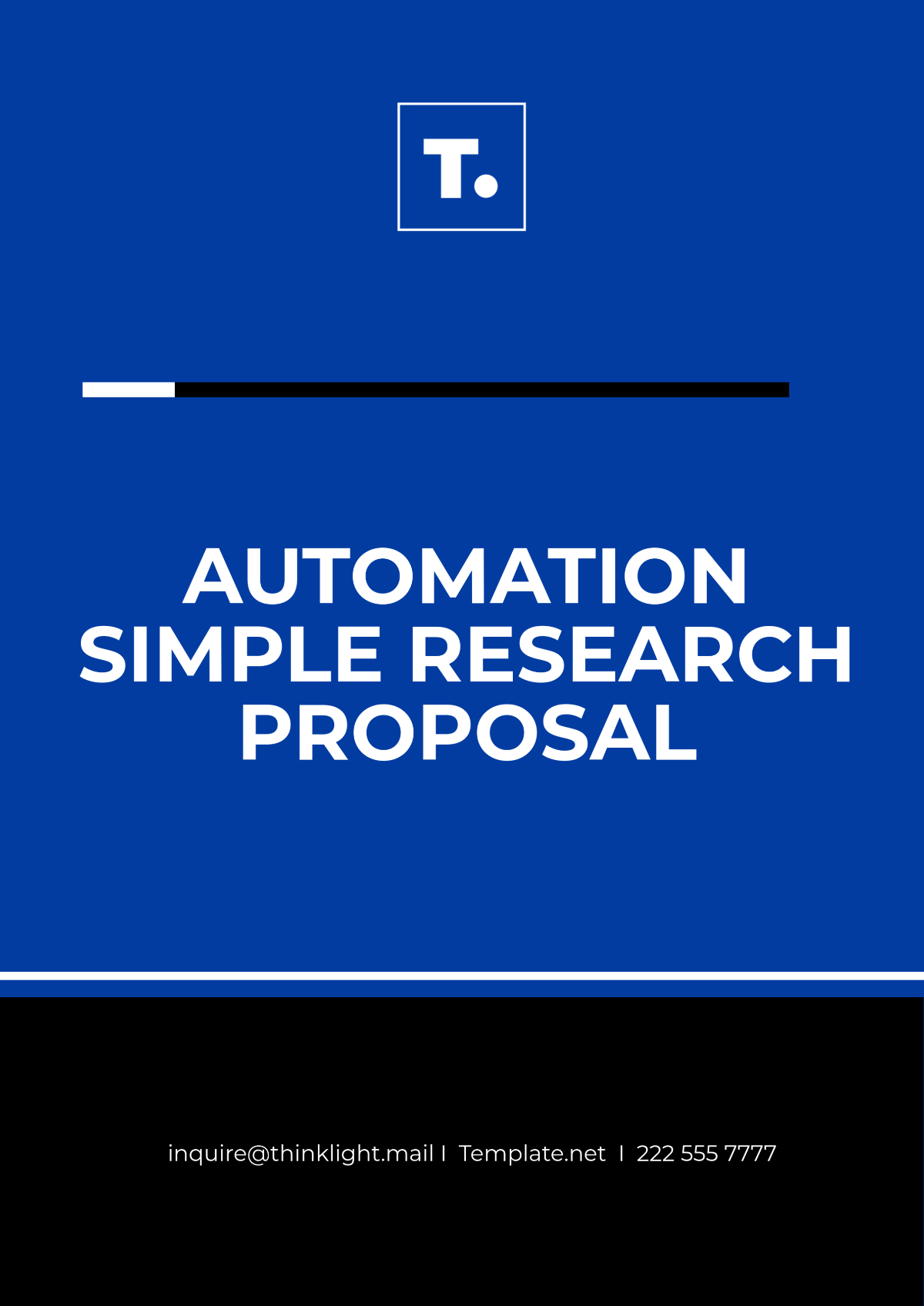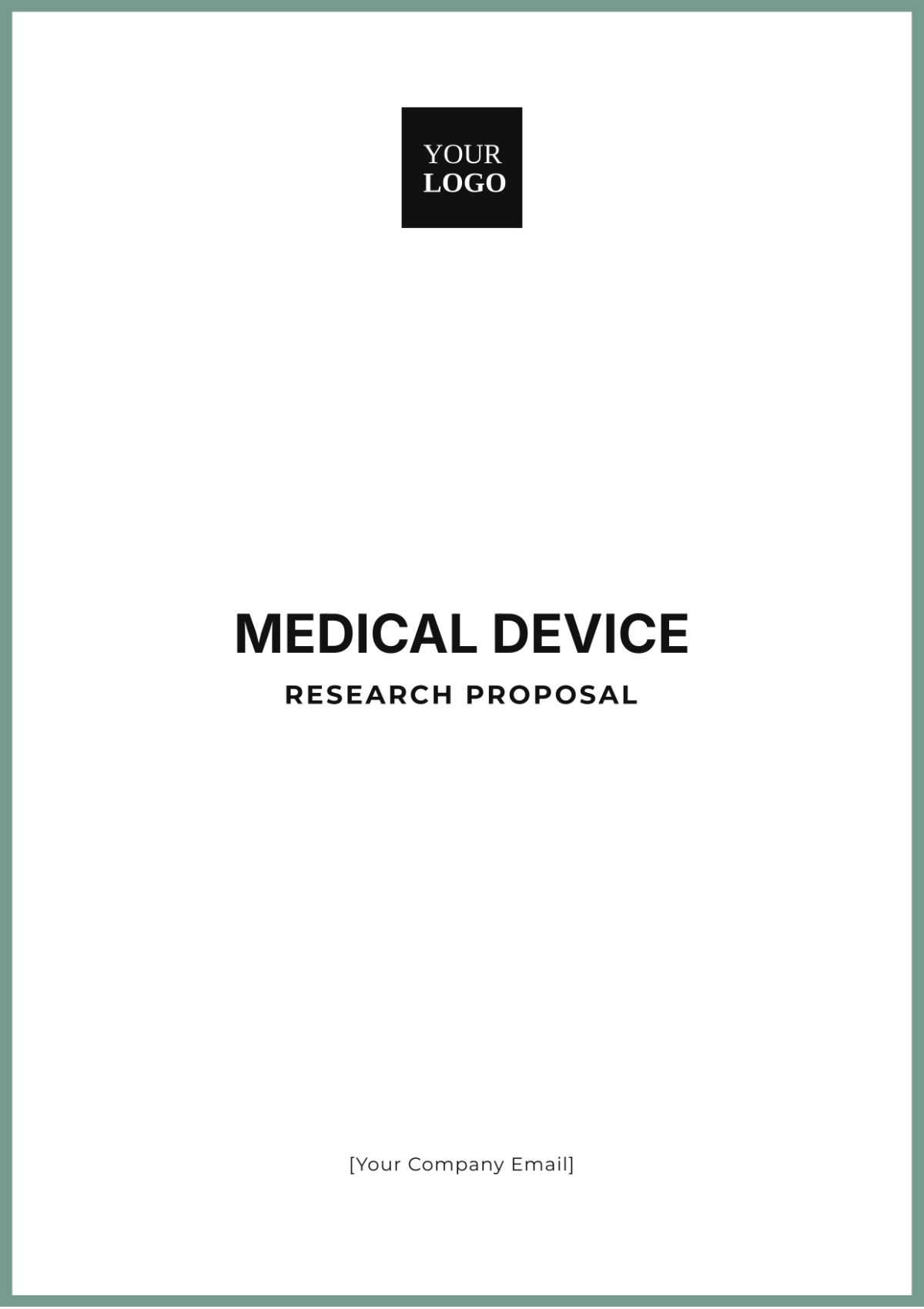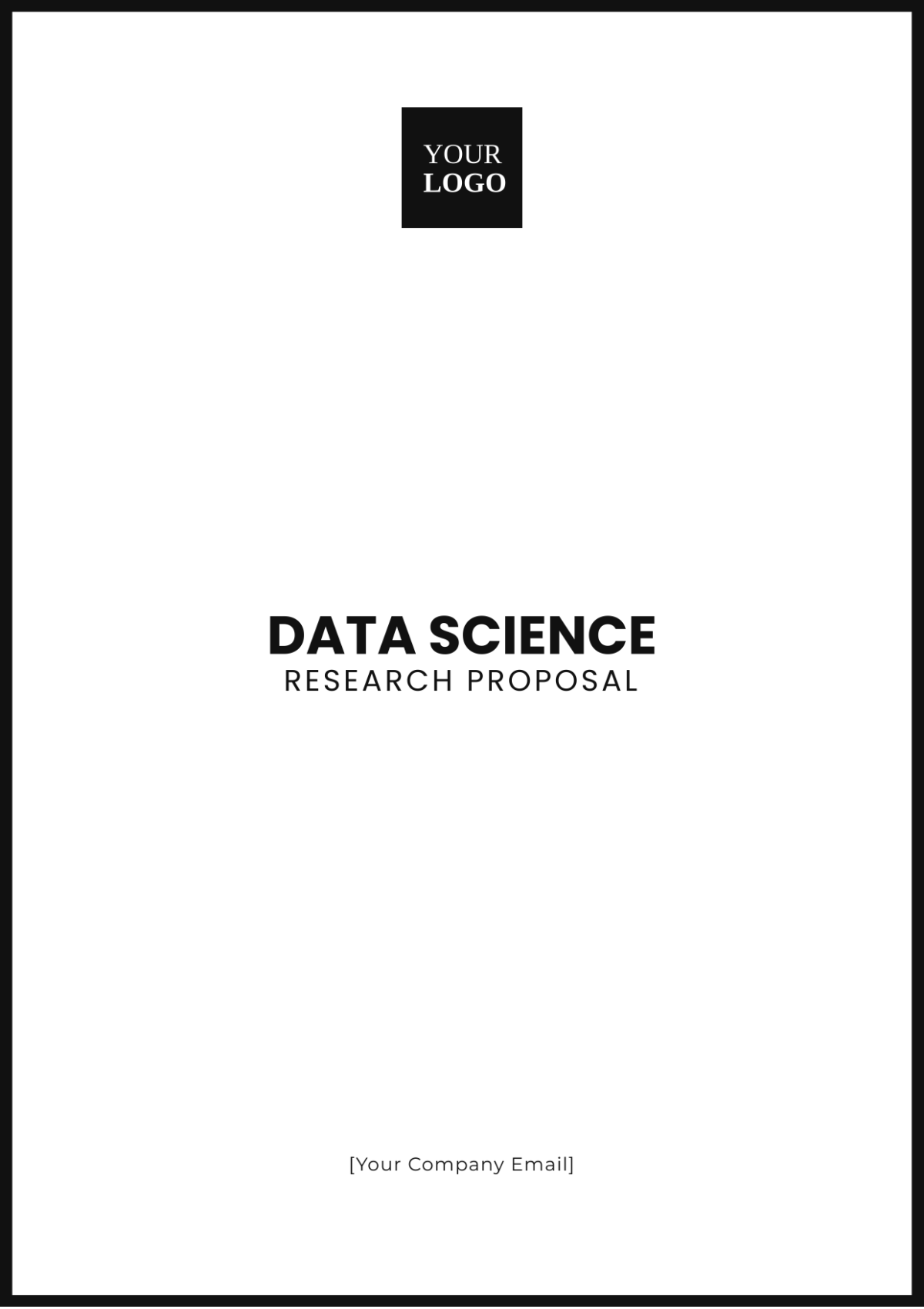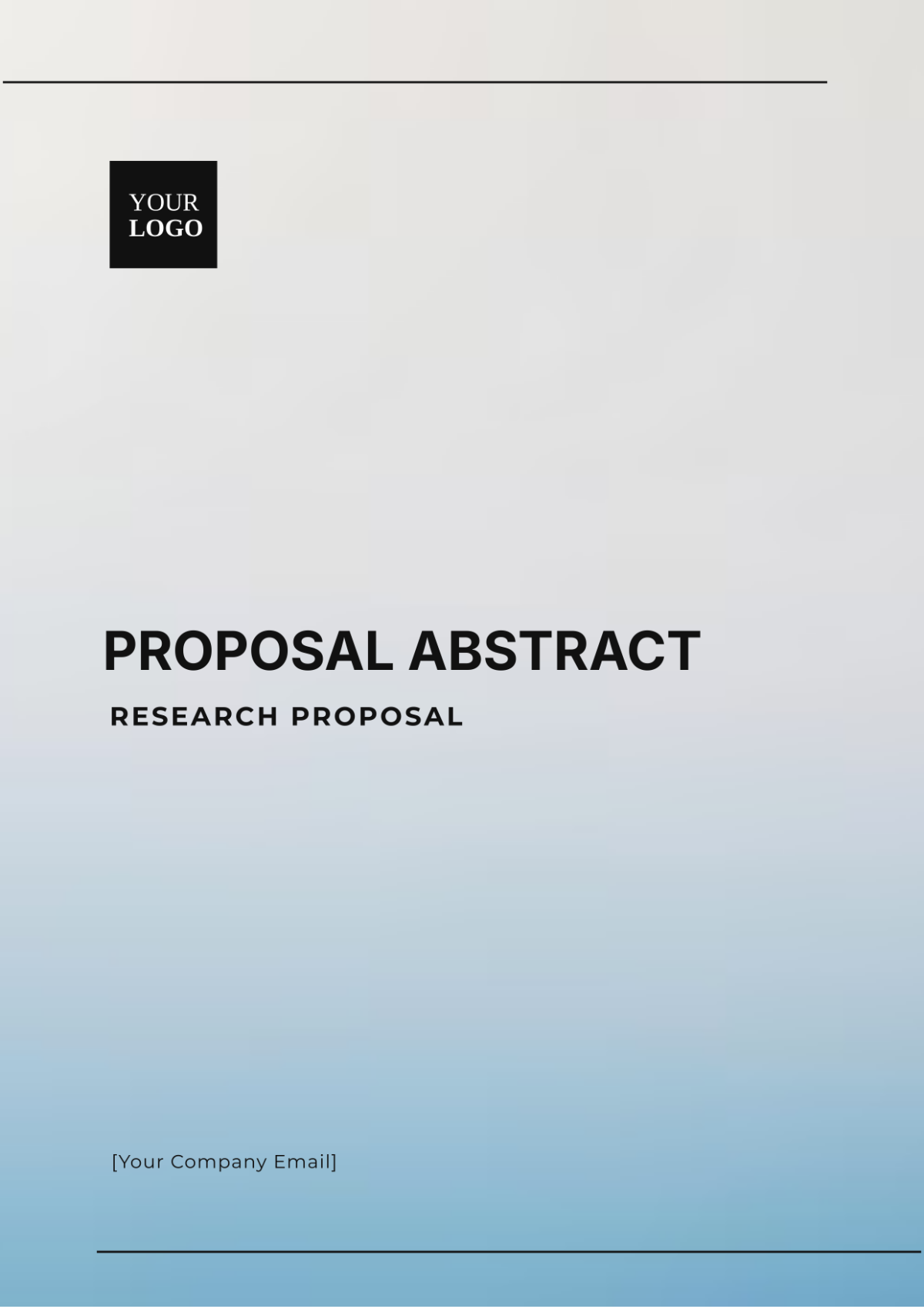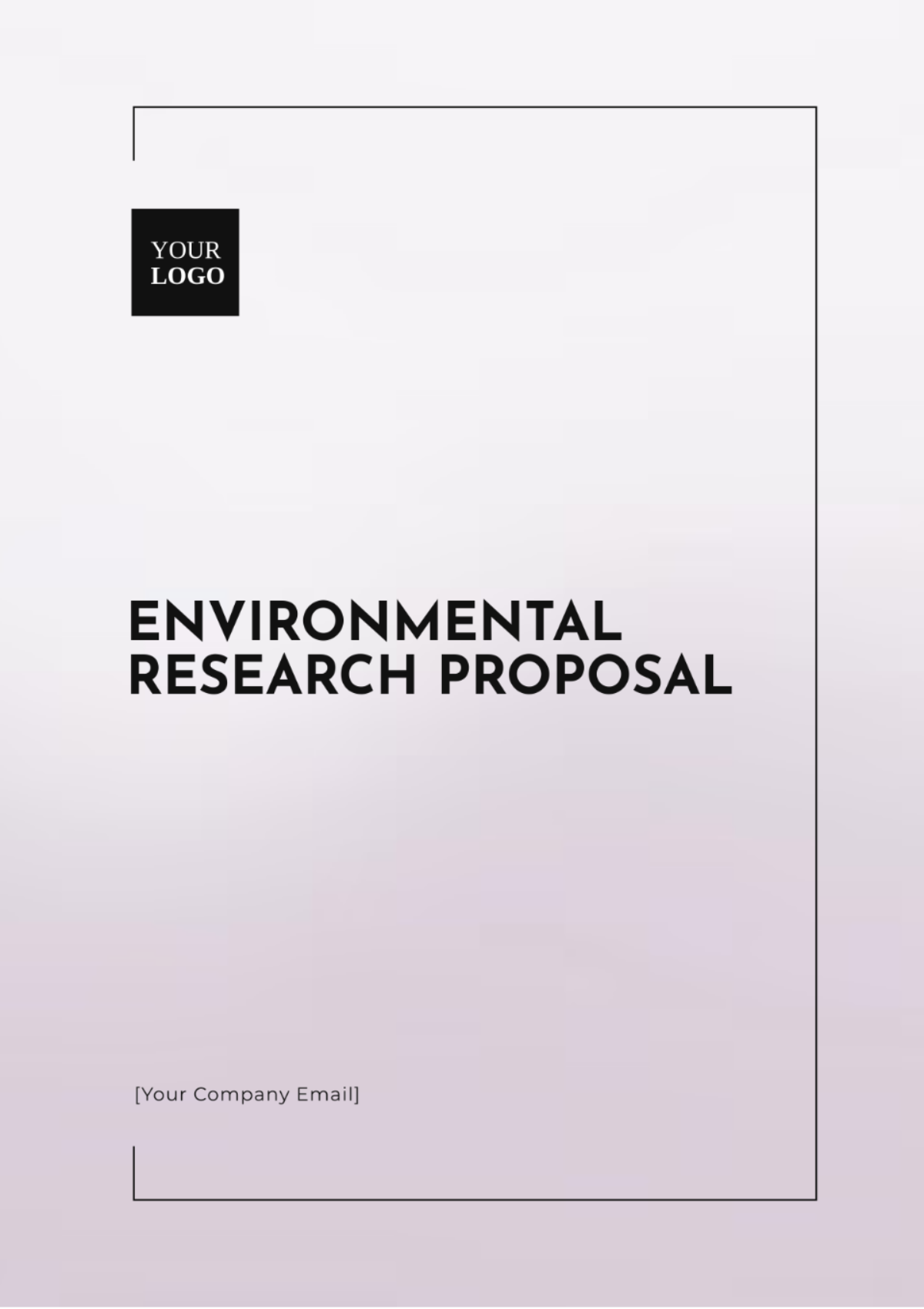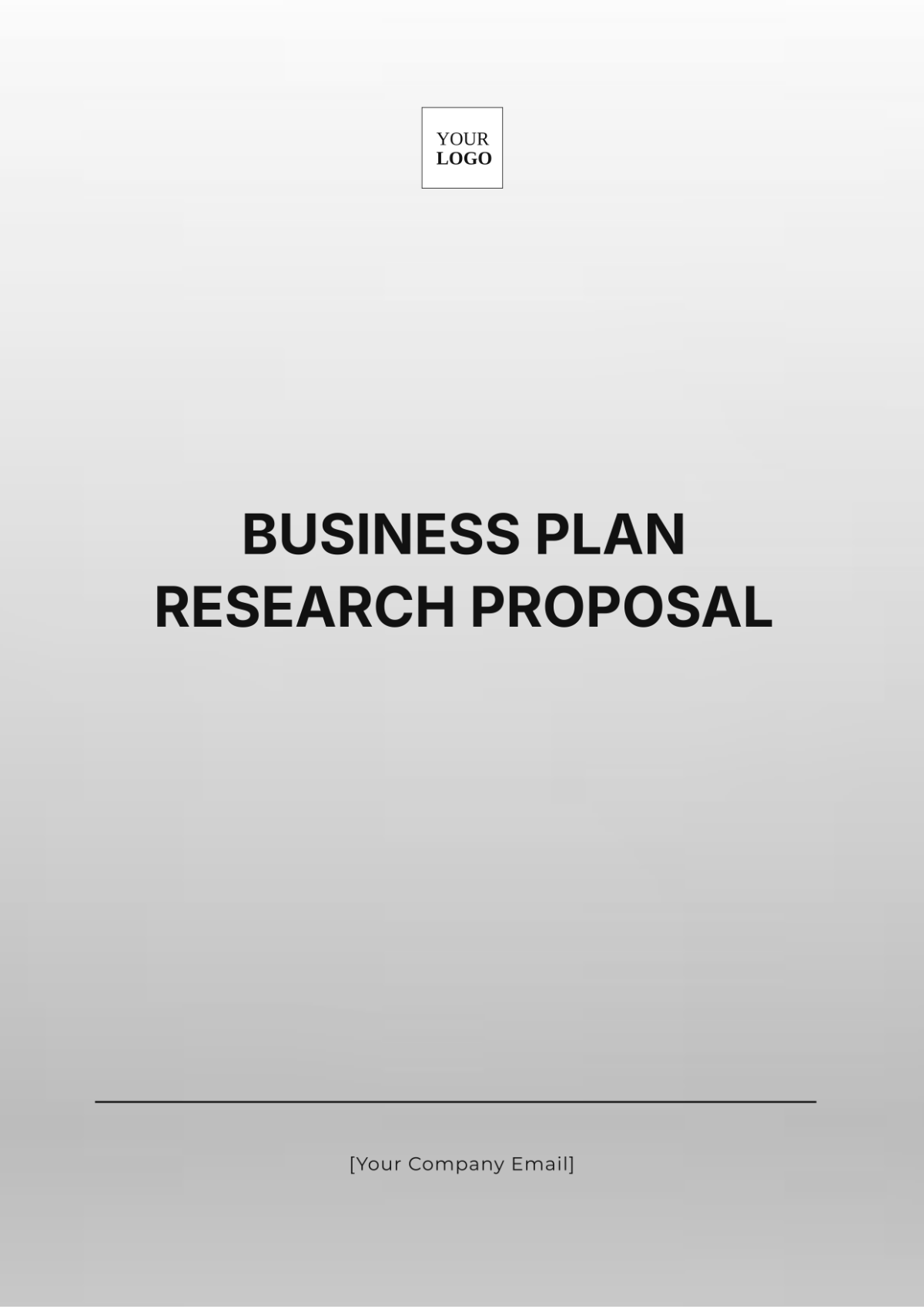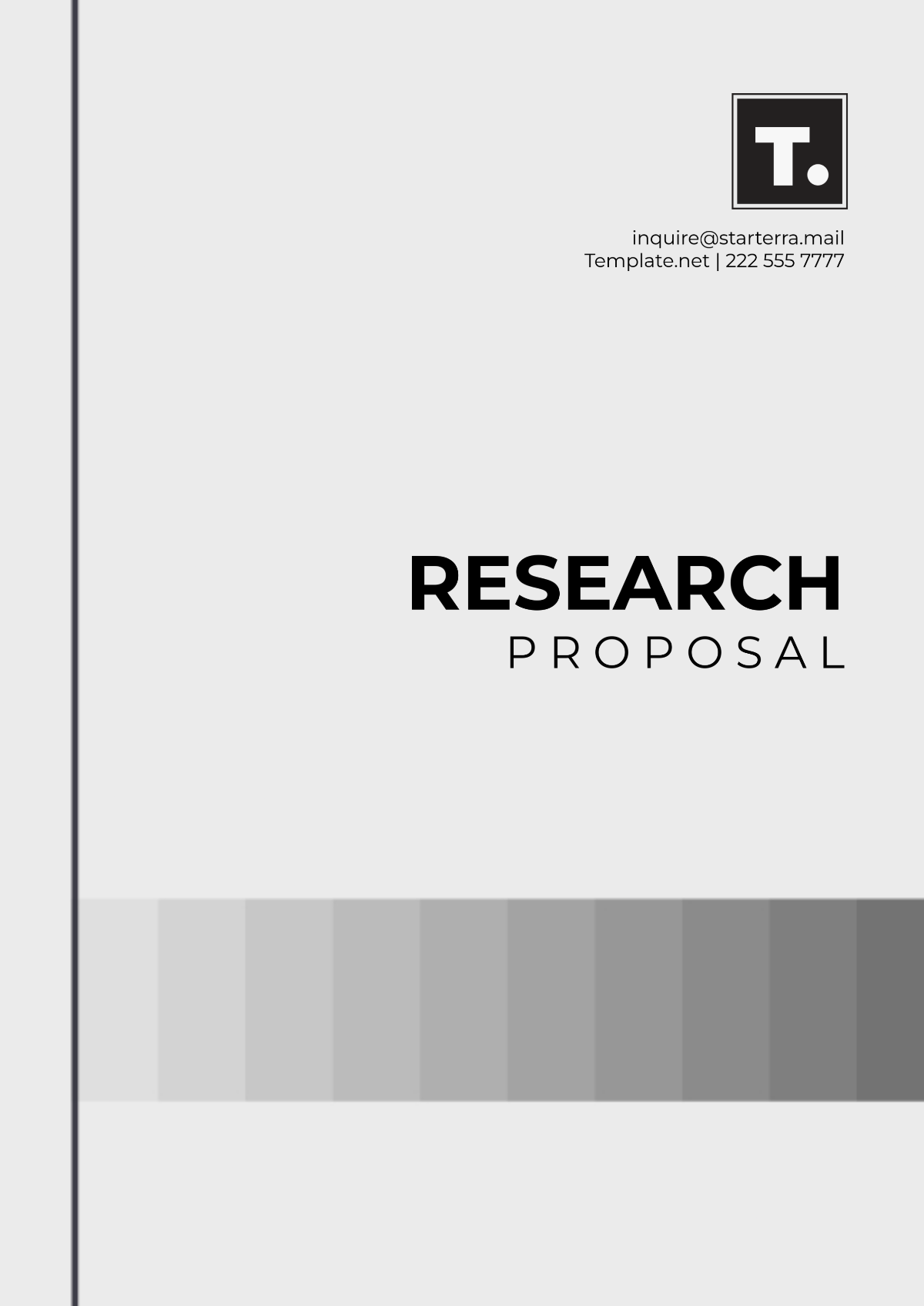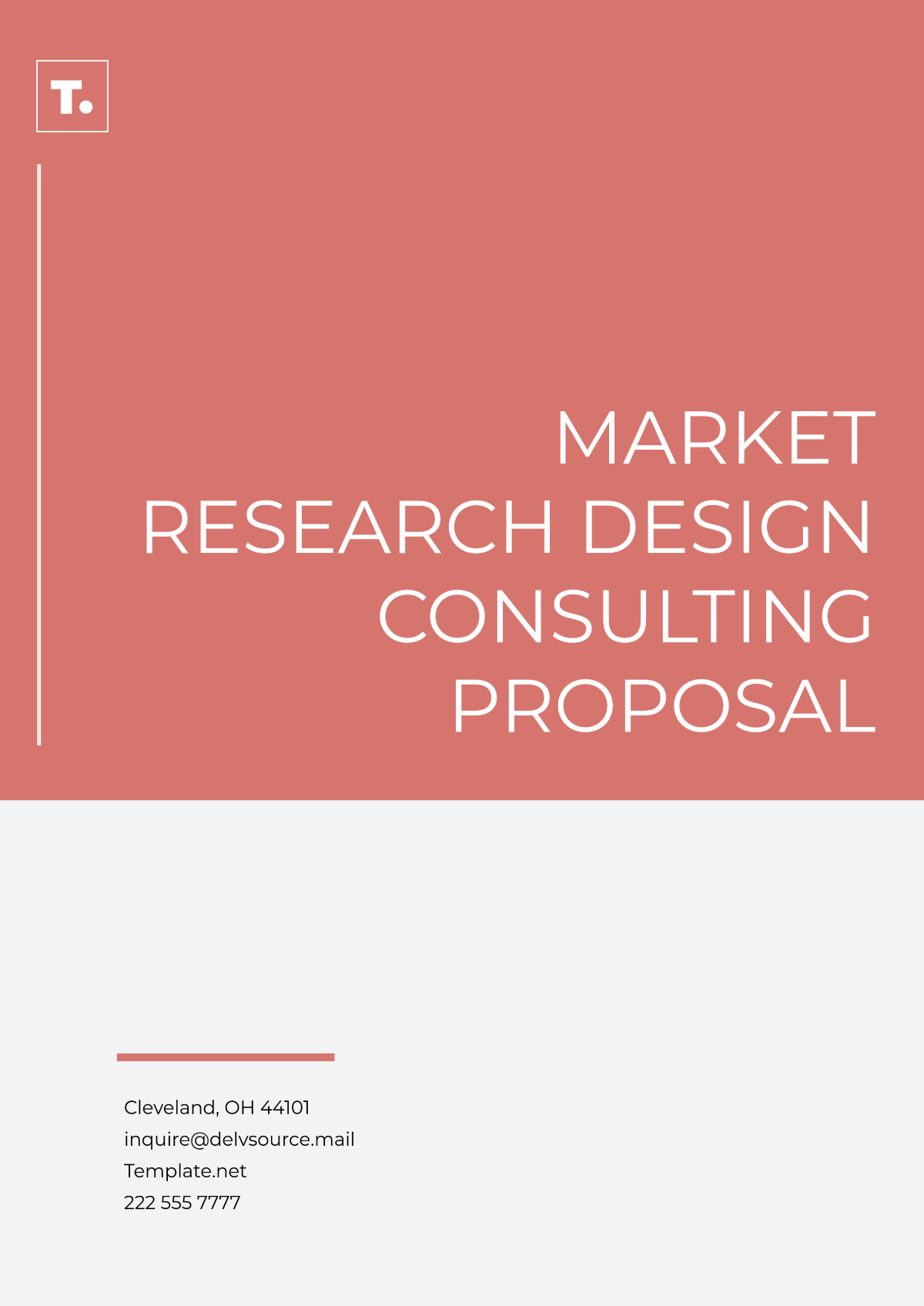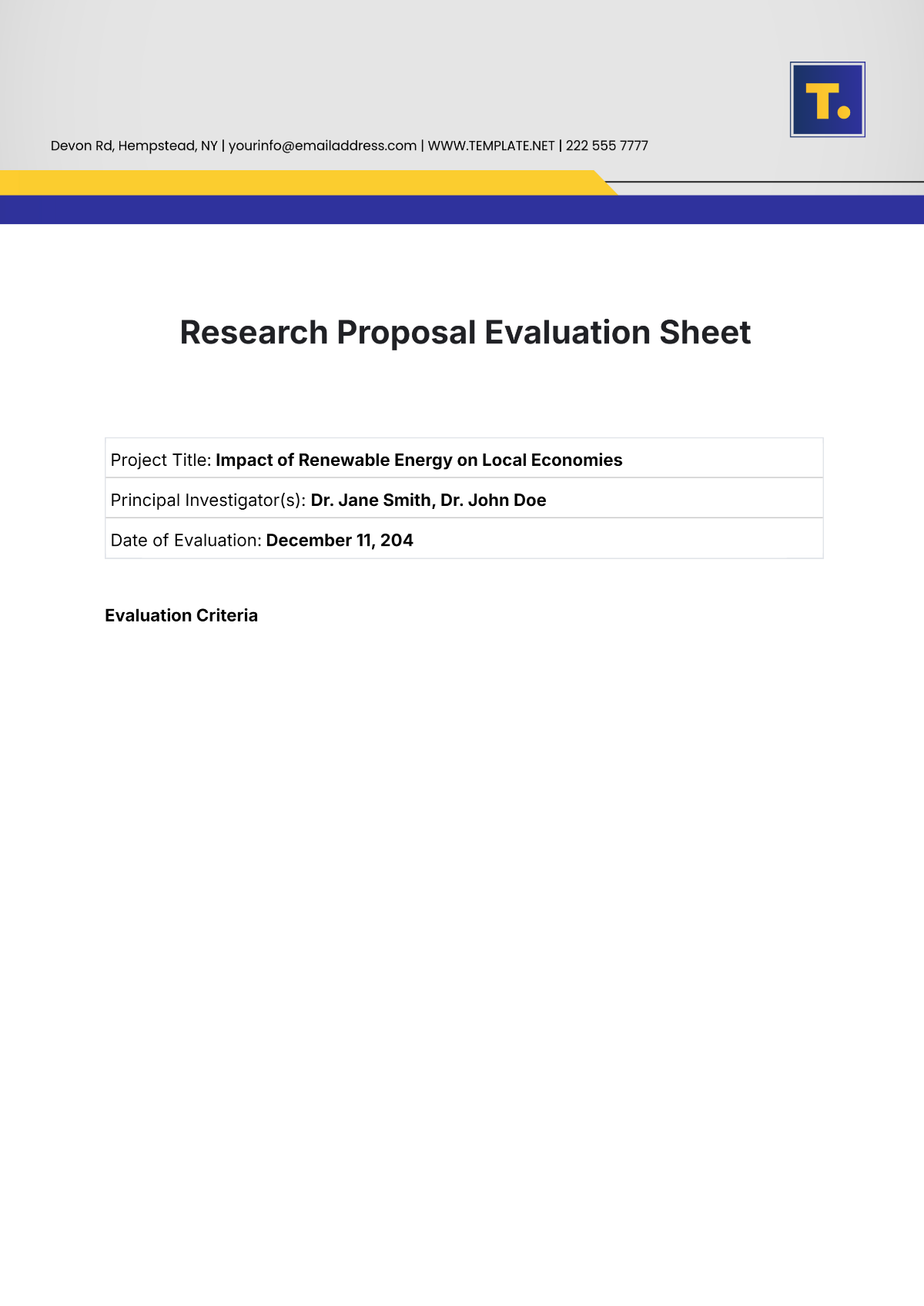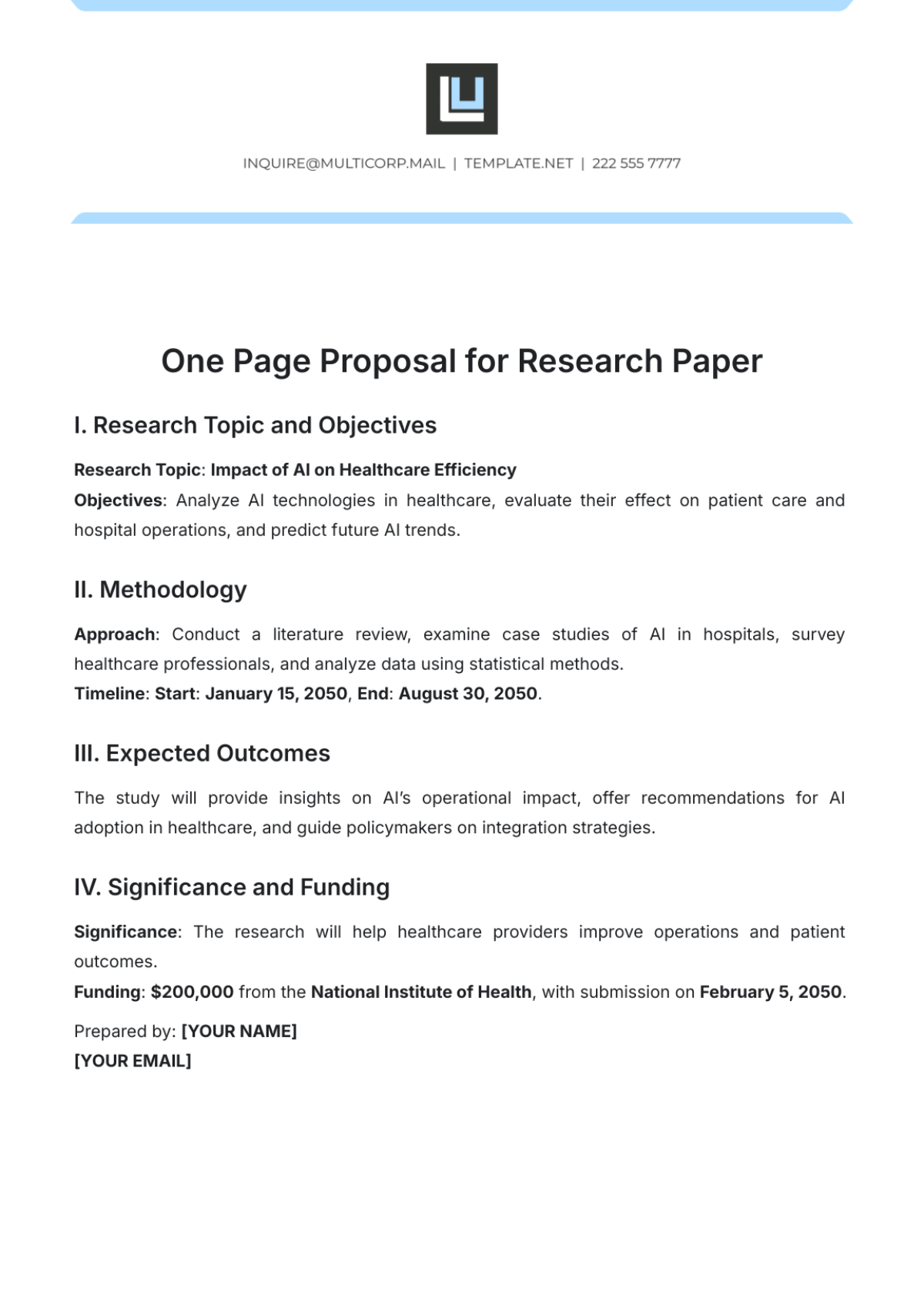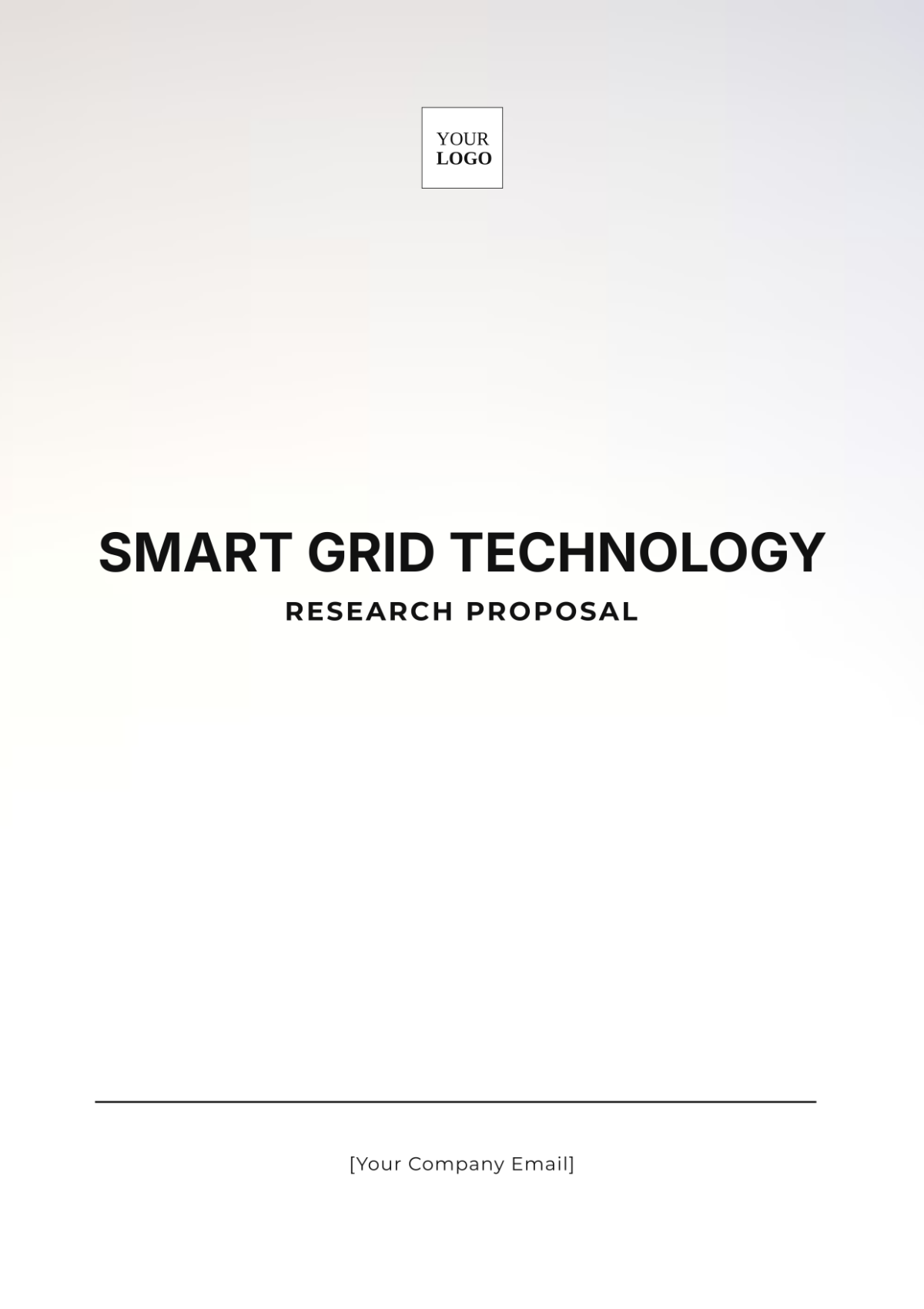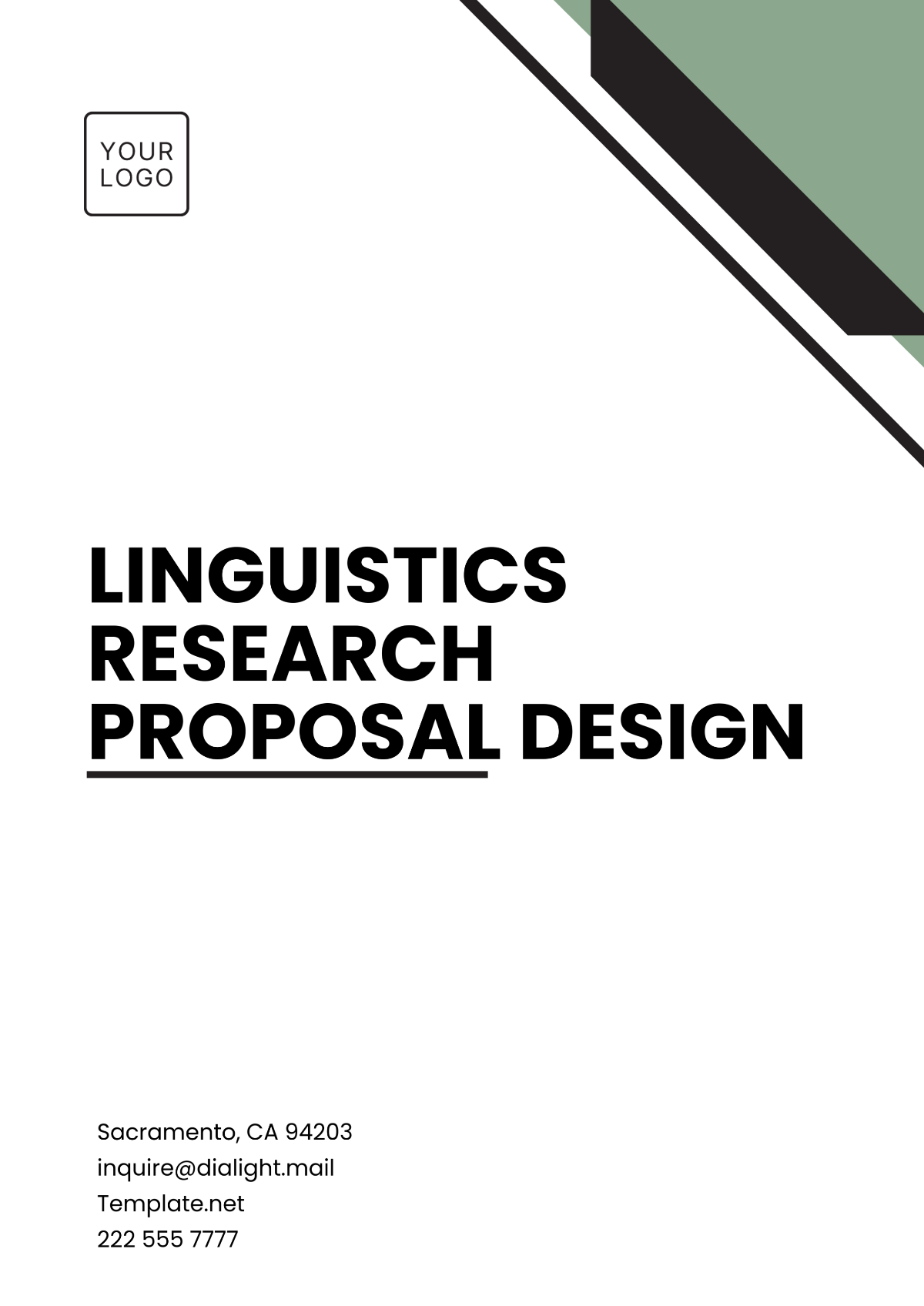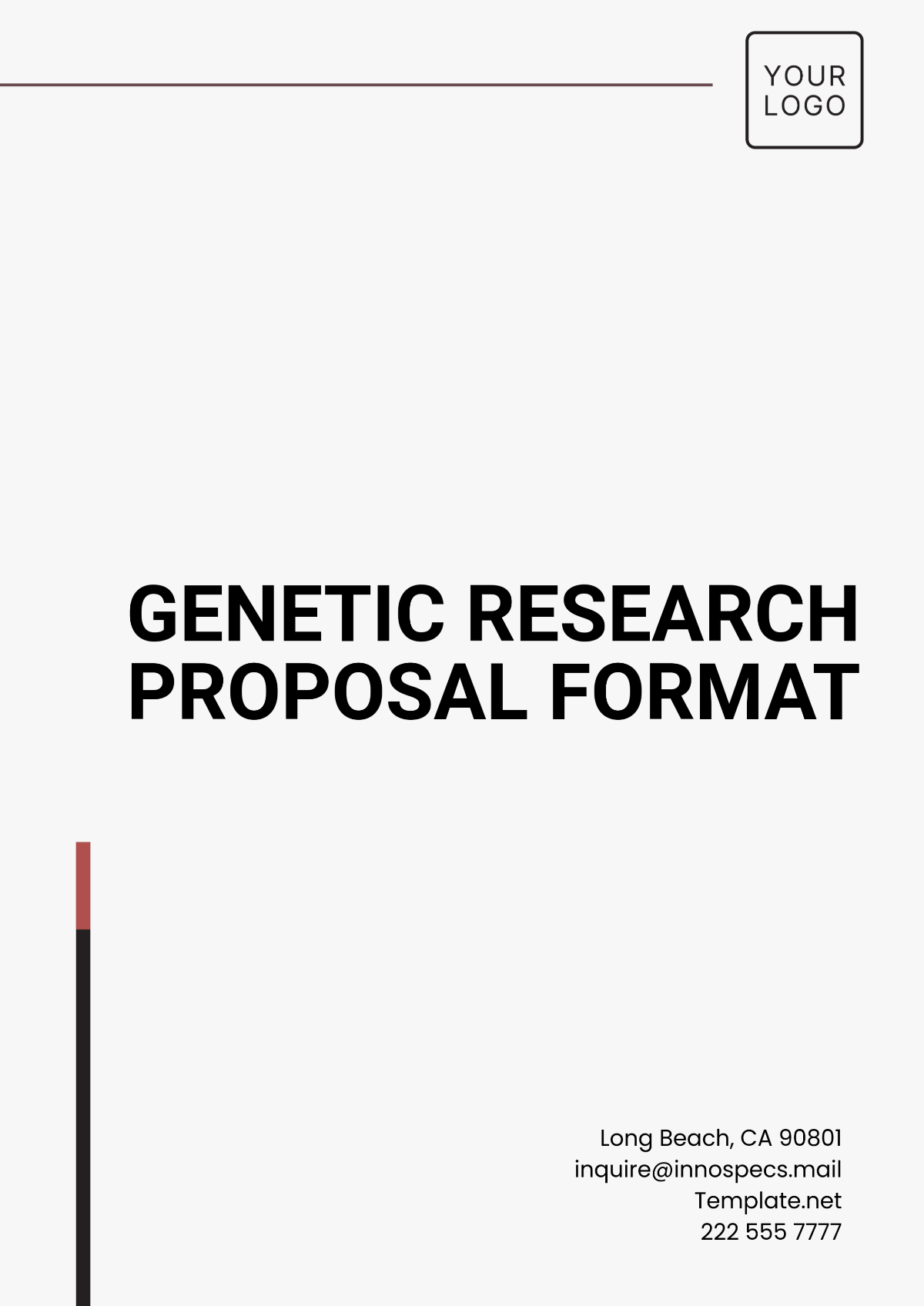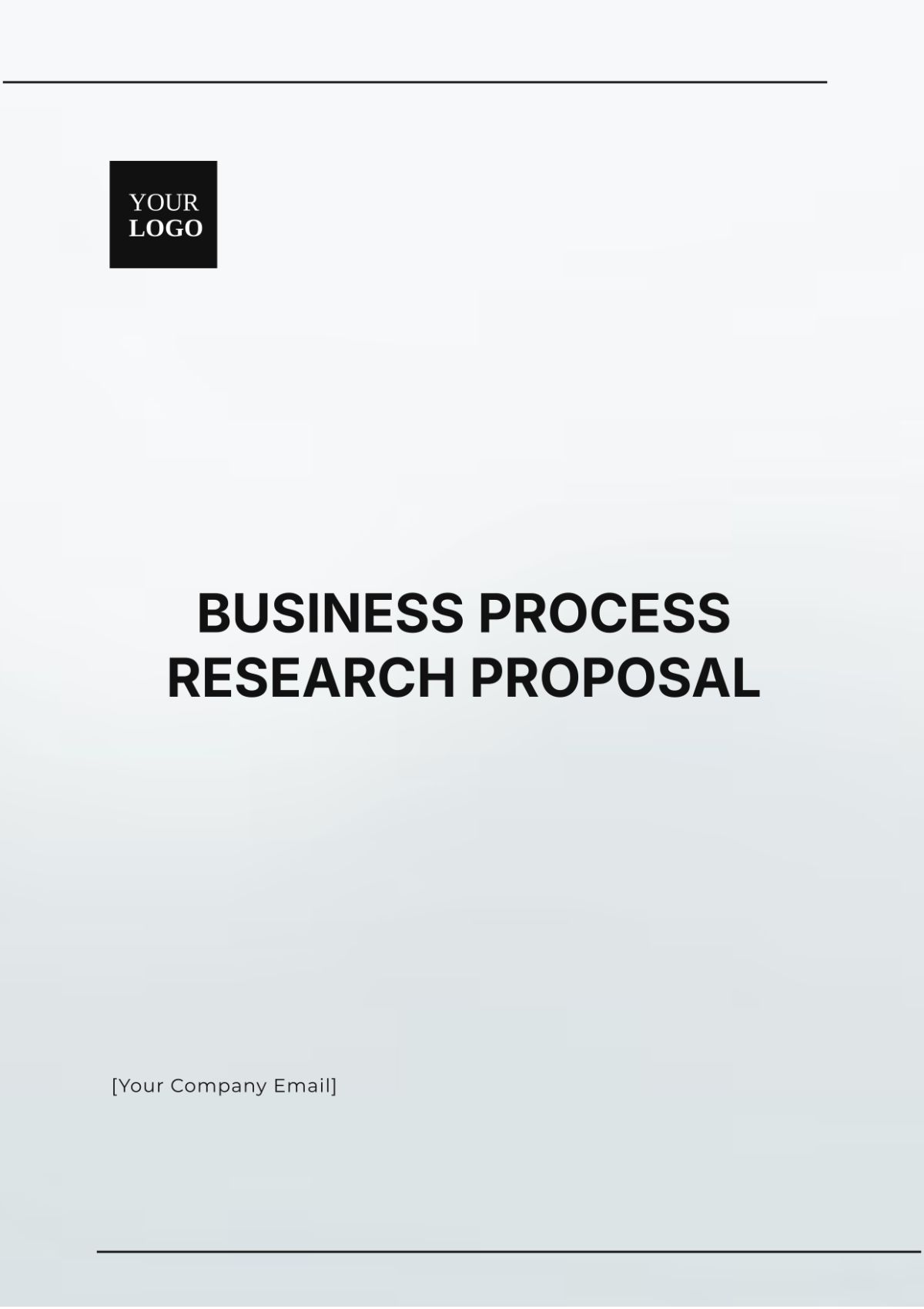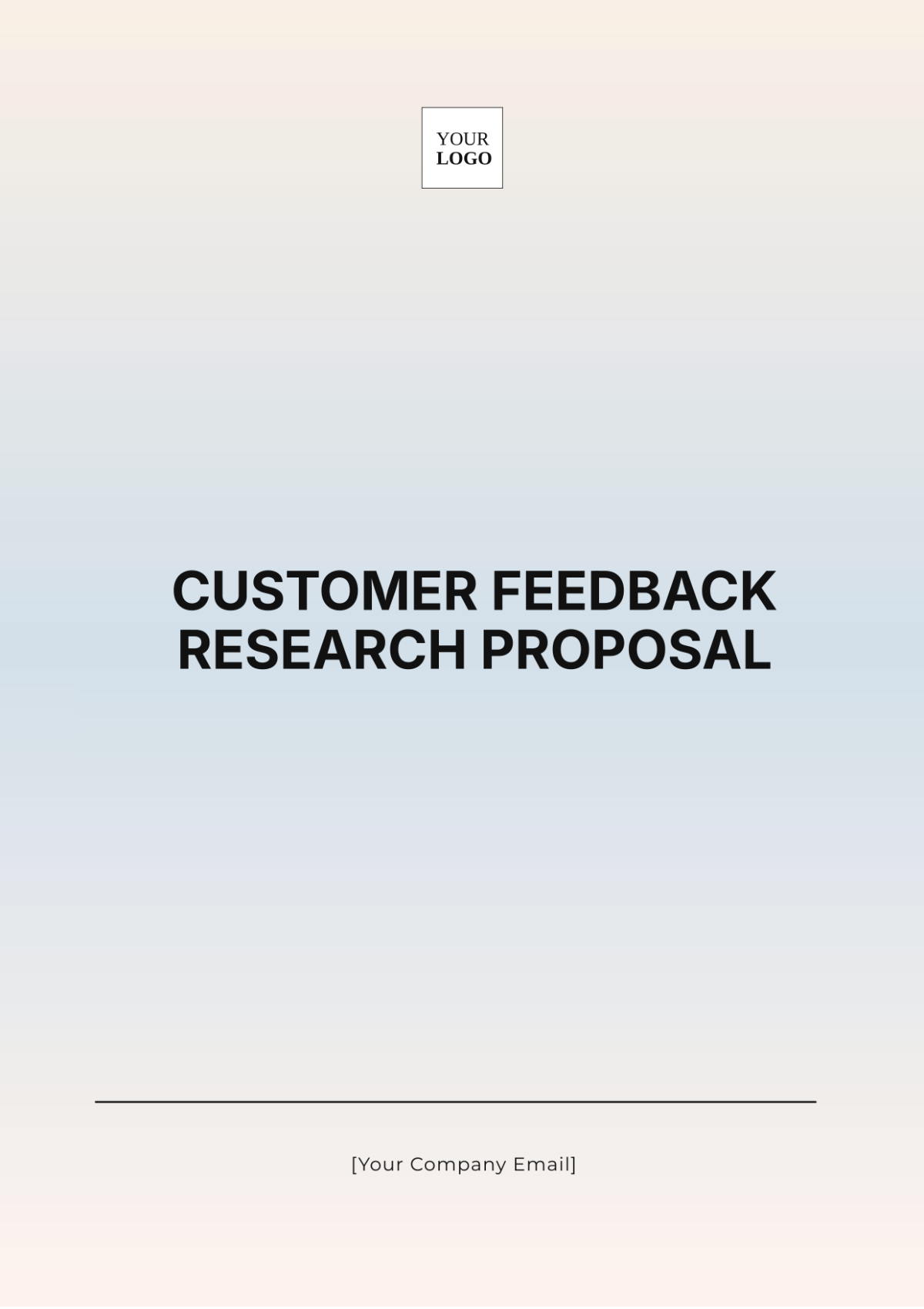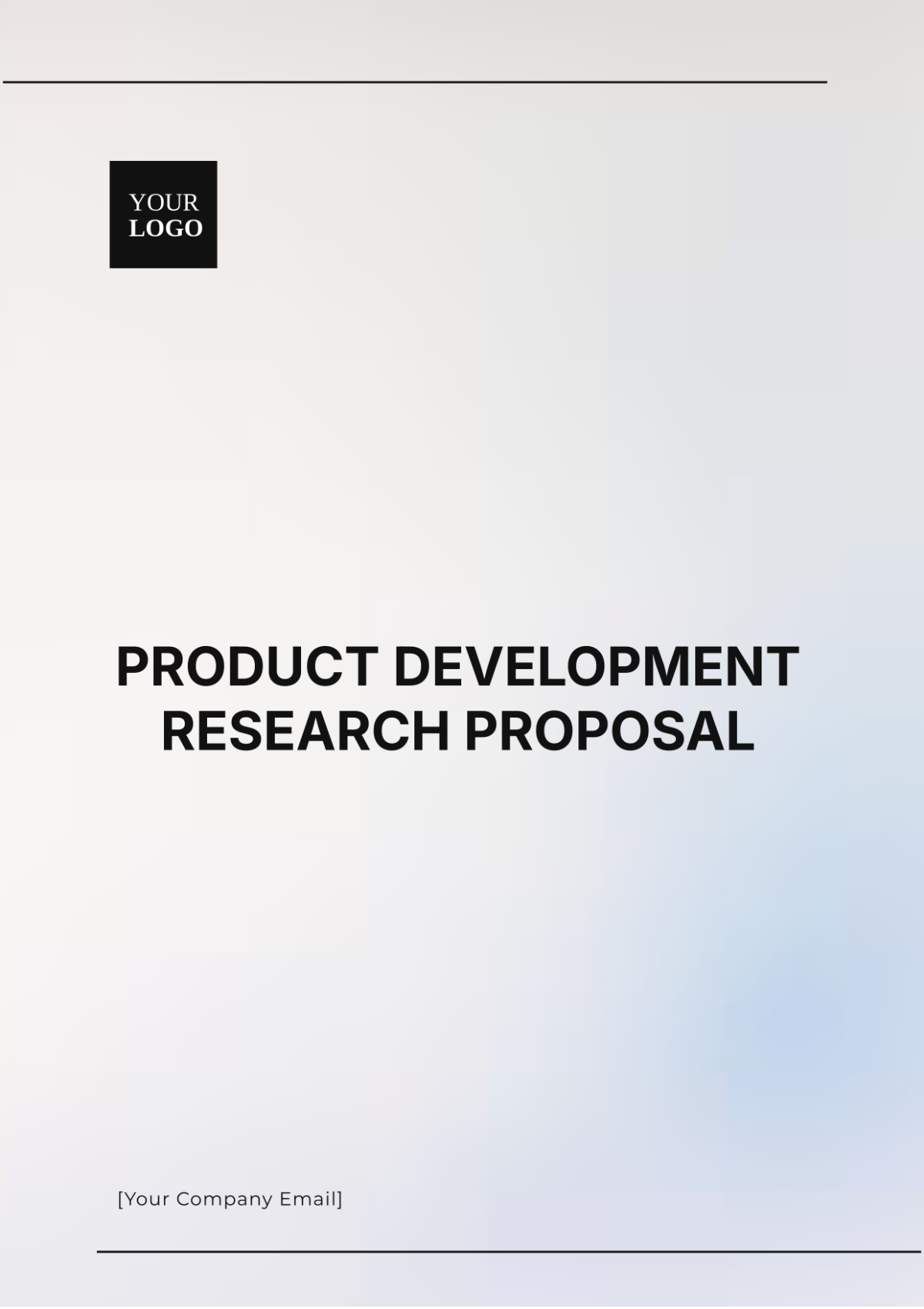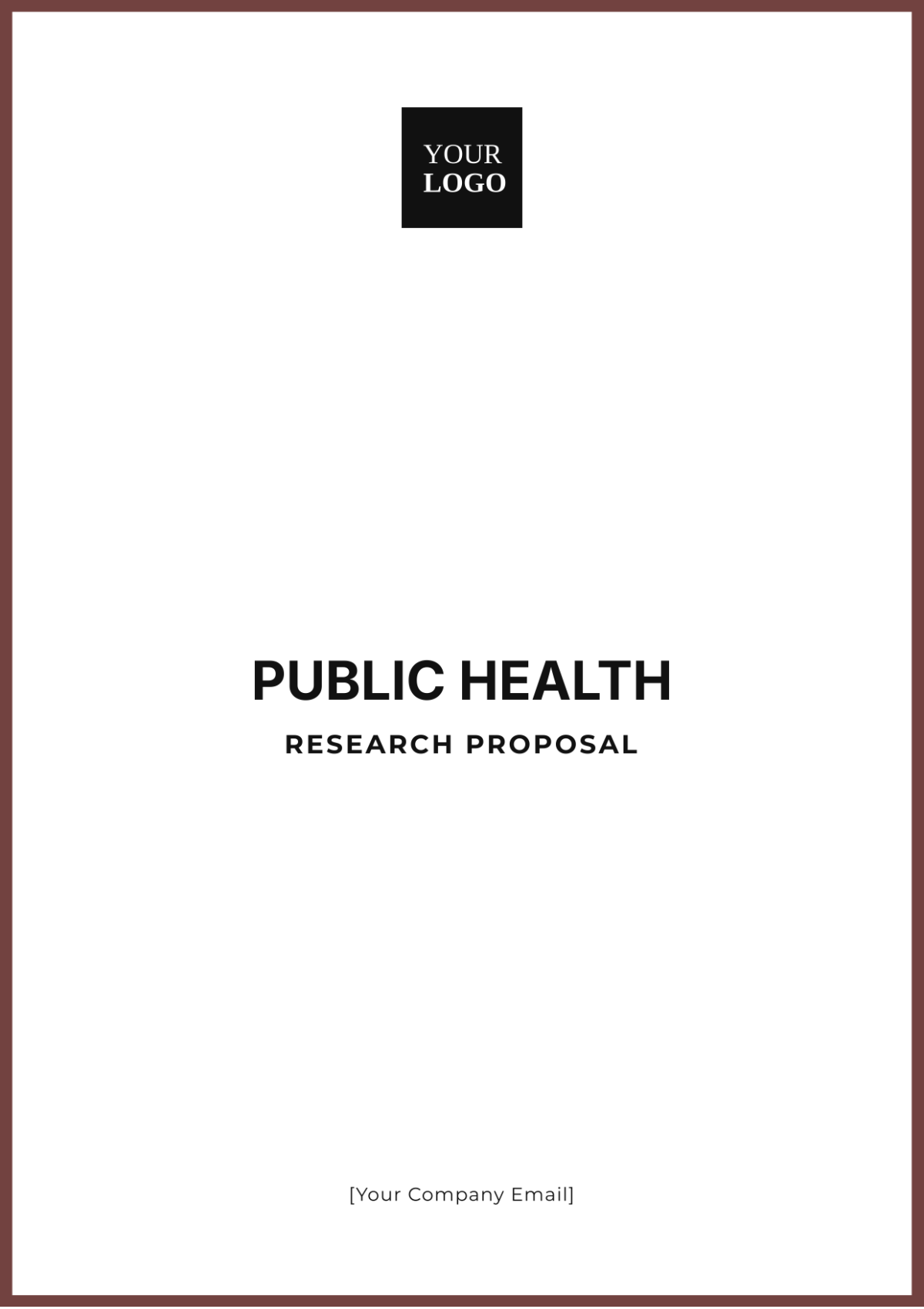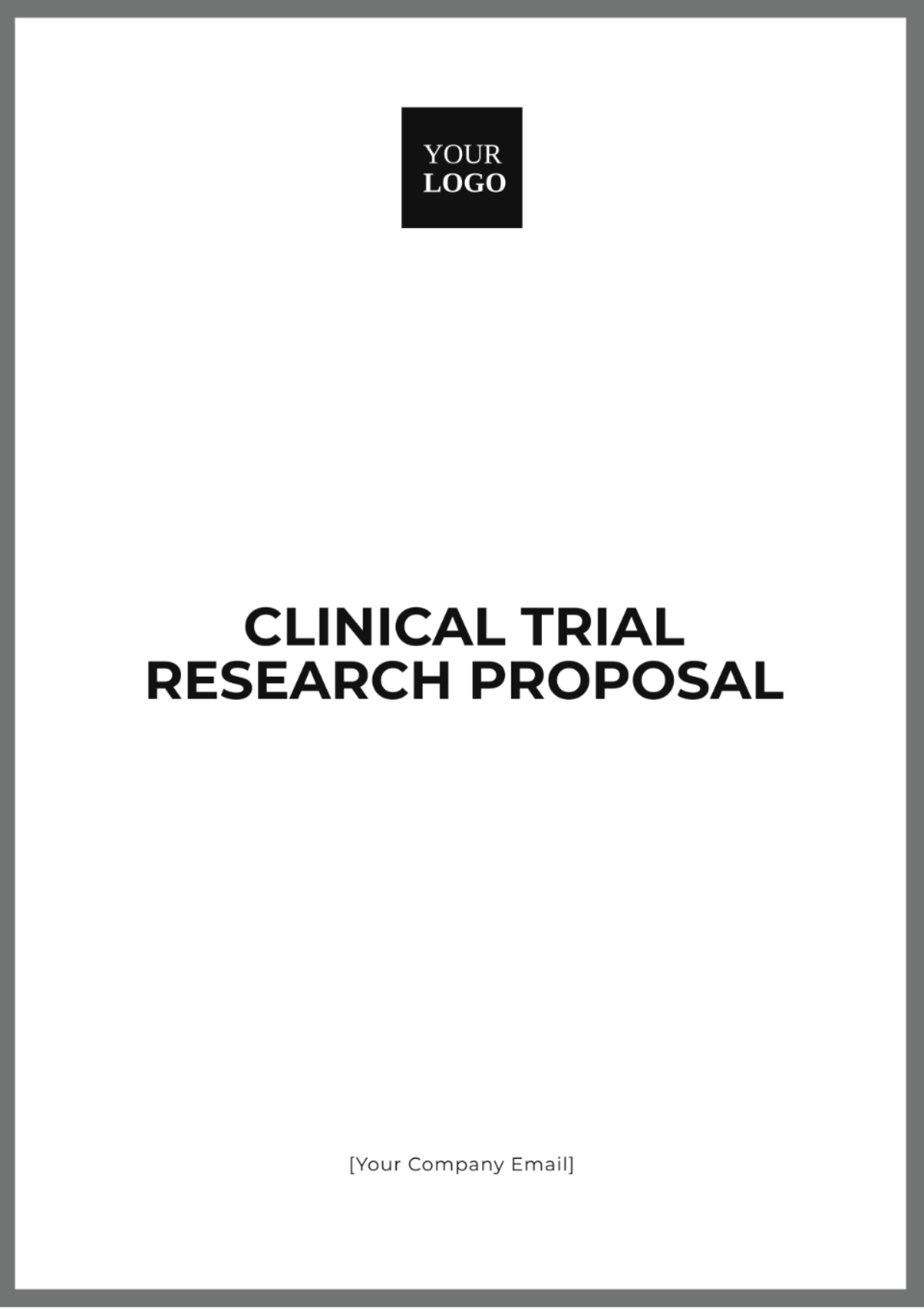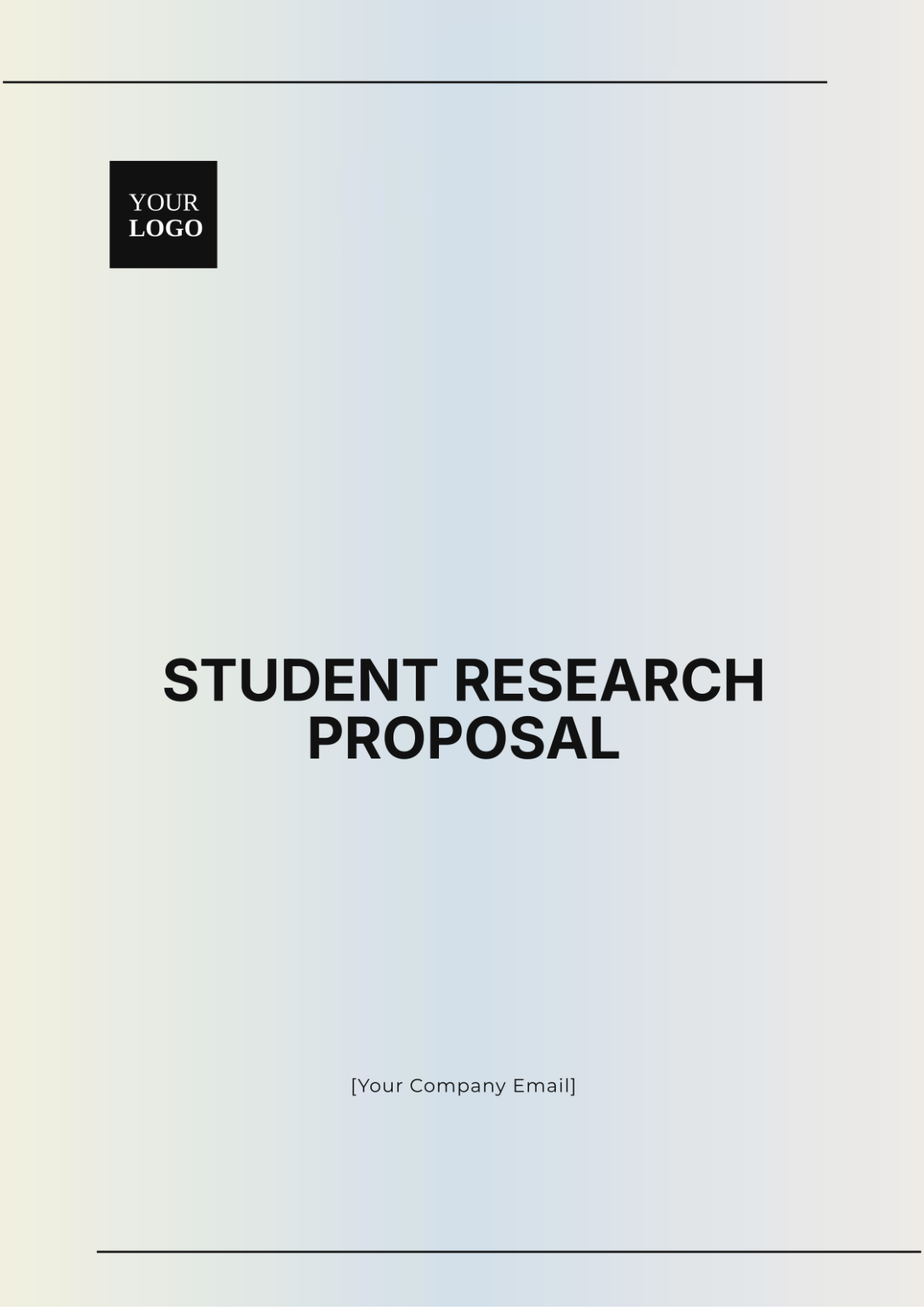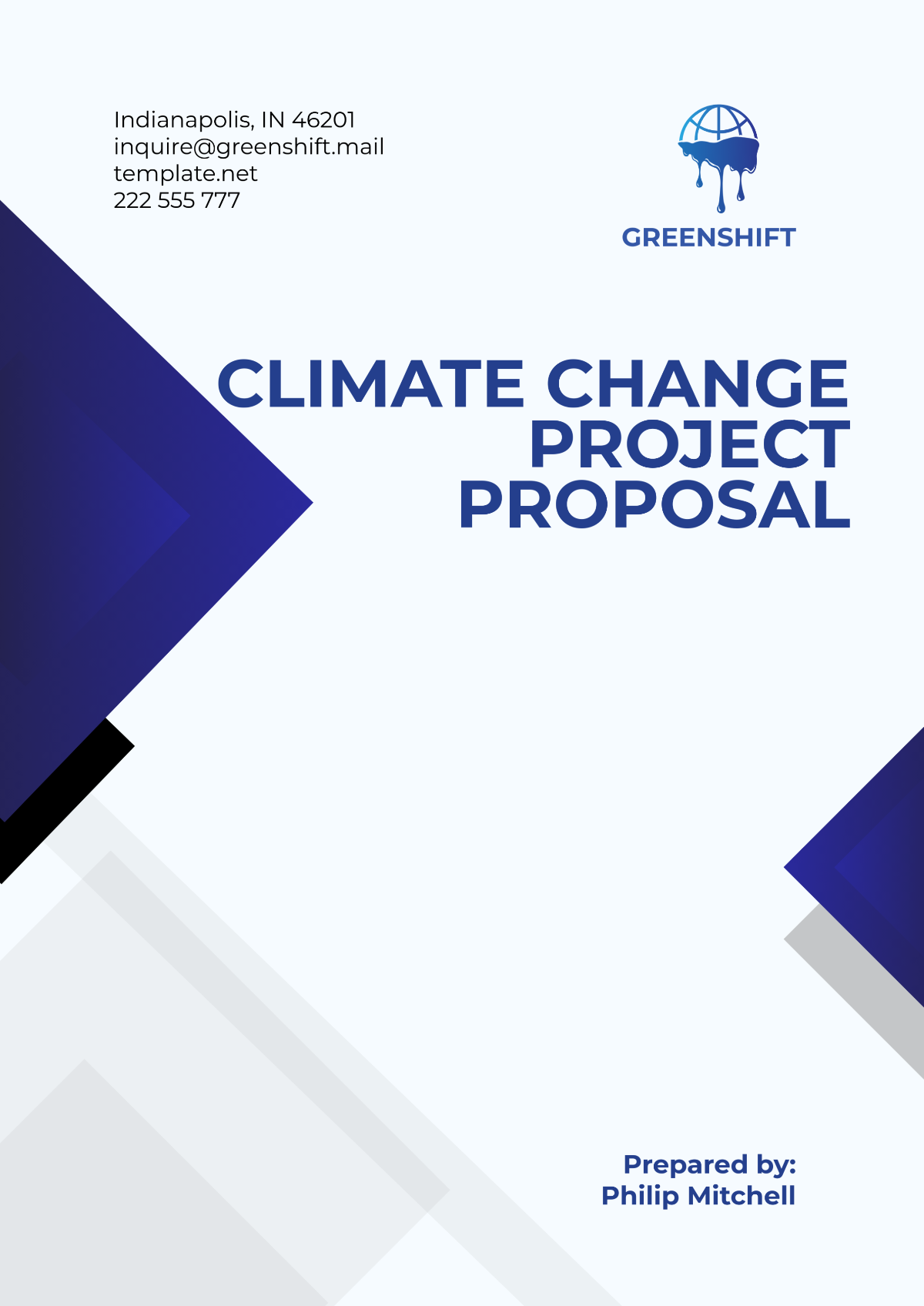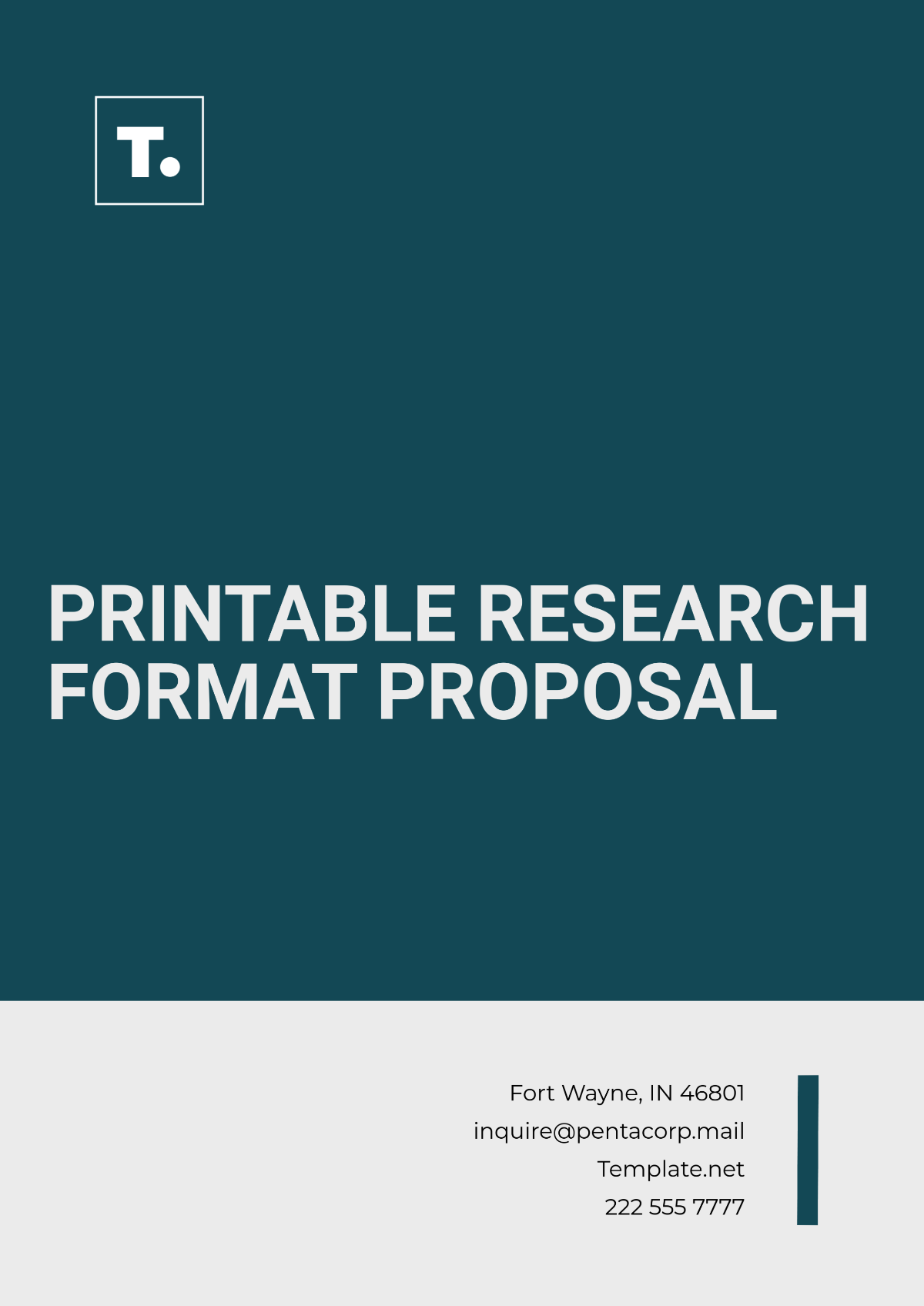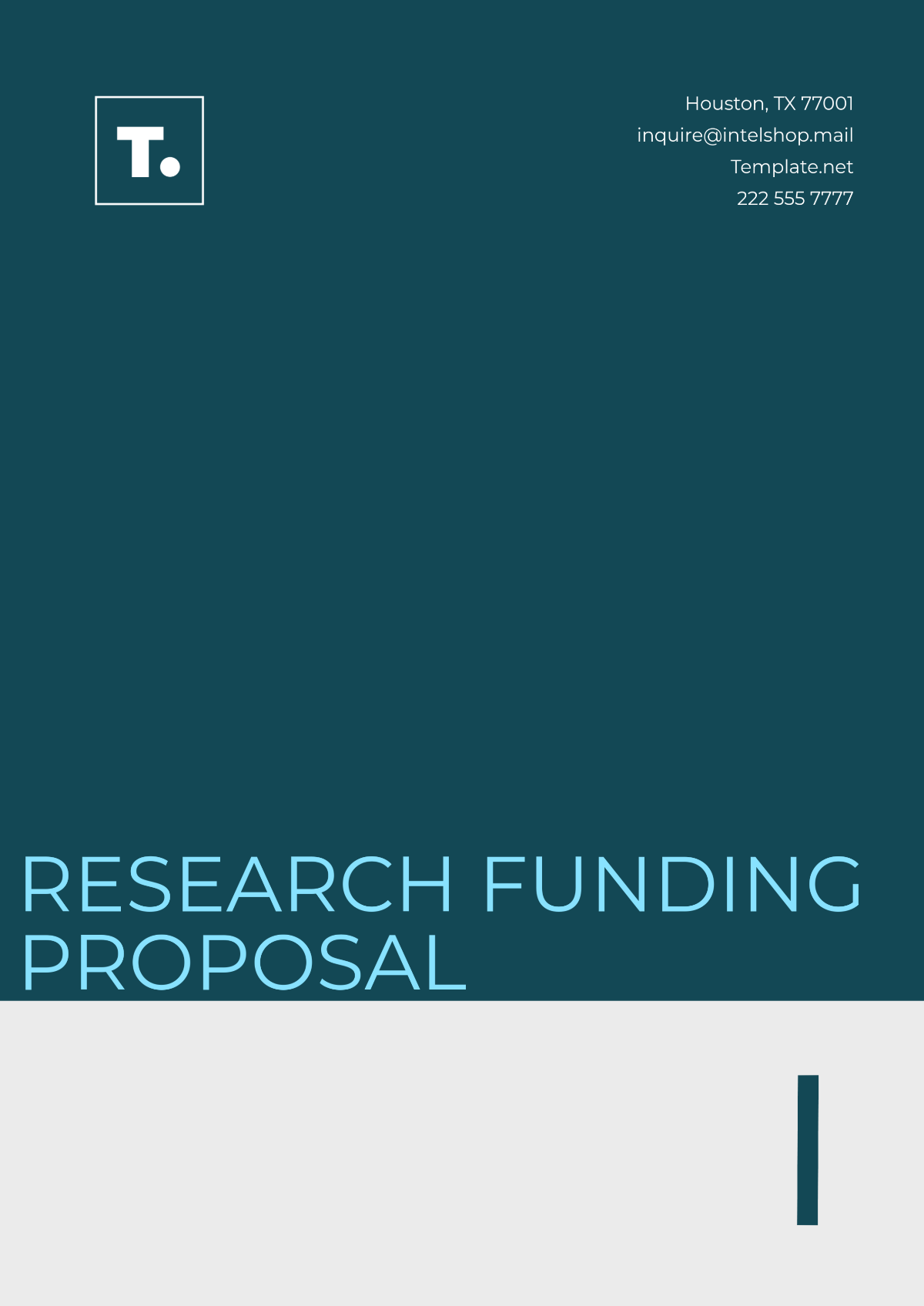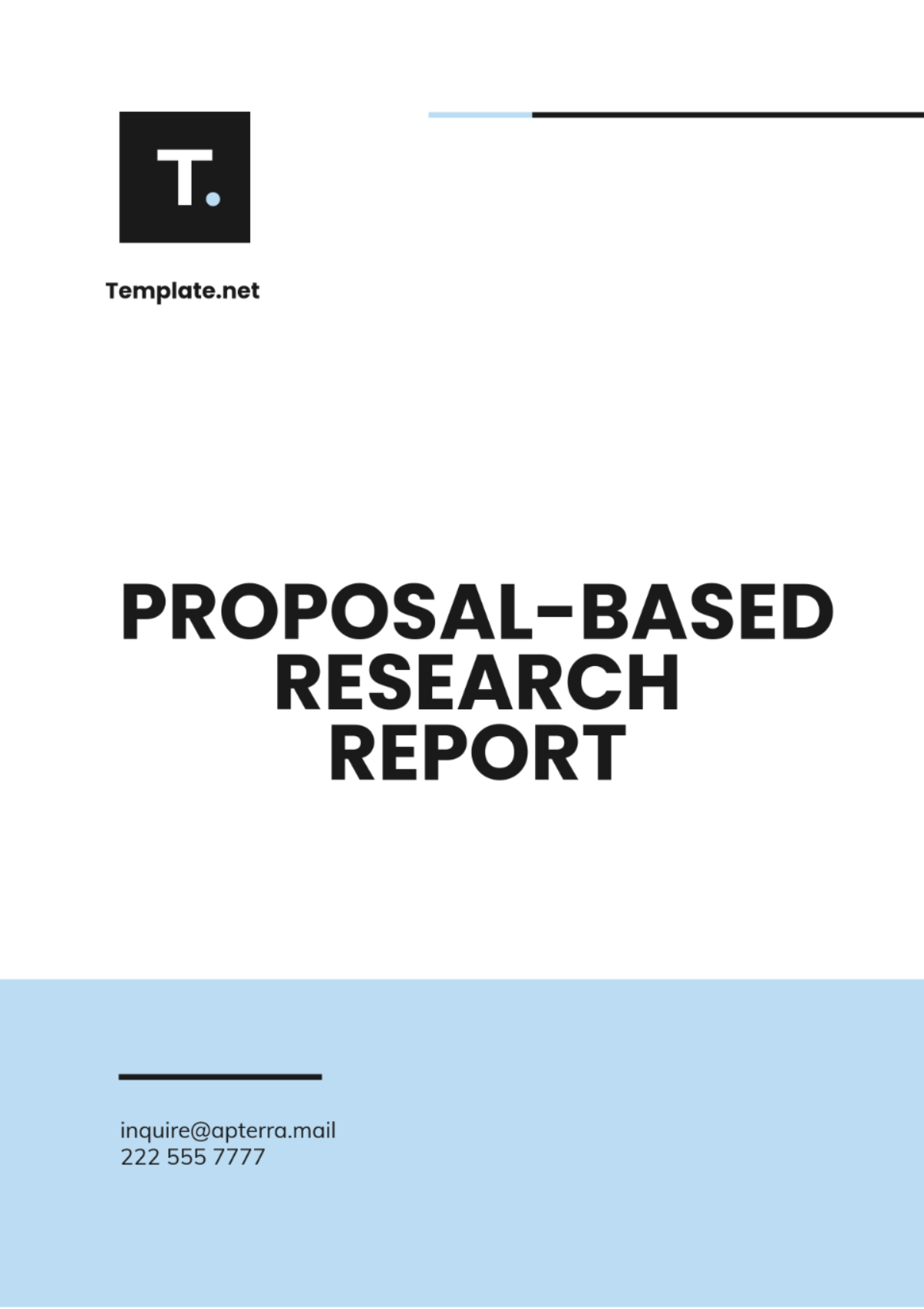Capstone Project Research Proposal
I. Introduction
Capstone projects are a crucial component of many academic programs, requiring students to demonstrate their comprehensive knowledge and expertise by addressing a real-world problem. This research proposal aims to outline a capstone project based on a hypothetical topic that is both relevant and impactful within the specified field of study.
II. Background
In recent years, the field of inserting has witnessed significant advancements. Despite these advancements, certain challenges remain unresolved. This project aims to address one such problem by leveraging modern techniques and methodologies.
III. Problem Statement
The primary objective of this capstone project is to tackle the issue of inserting specific problem here. The problem affects describe who/what is affected and has describe the impact. Current solutions are either ineffective or insufficient for various reasons. Therefore, there is a clear need for an innovative solution that can address this gap.
IV. Research Questions
What are the underlying causes of insert-specific problem here?
How can modern technologies be leveraged to address specific problem?
What are the potential impacts of implementing proposed solution on affected group?
V. Objectives
To investigate the root causes of specific problem.
To develop a prototype for proposed solution.
To evaluate the effectiveness of the prototype in real-world scenarios.
To provide recommendations for future research and implementation.
VI. Literature Review
A comprehensive literature review was conducted to understand the current state of research regarding specific problem. Several key studies were identified:
Study 1: Summary and relevance of the study
Study 2: Summary and relevance of the study
Study 3: Summary and relevance of the study
VII. Methodology
A. Research Design
This research will utilize a mixed-methods approach, combining qualitative and quantitative data to ensure a comprehensive understanding of the problem.
B. Data Collection Methods
Surveys: To gather quantitative data from target population.
Interviews: To collect qualitative insights from experts in the field.
Case Studies: To analyze real-world examples of specific problem and proposed solutions.
C. Data Analysis Techniques
The collected data will be analyzed using statistical software for quantitative data and thematic analysis for qualitative data.
VIII. Project Timeline
Phase | Tasks | Timeline |
|---|---|---|
Phase 1: Planning | Identify problem, conduct literature review, and develop research proposal | Month 1-2 |
Phase 2: Data Collection | Develop data collection instruments and collect data | Month 2-4 |
Phase 3: Data Analysis | Analyze collected data and interpret results | Month 4-5 |
Phase 4: Reporting | Develop final report and present findings | Month 5-6 |
IX. Budget
Item | Cost (USD) |
|---|---|
Data Collection Tools | $500 |
Software Licenses | $300 |
Travel Expenses | $200 |
Miscellaneous | $100 |
Total | $1100 |
X. Expected Outcomes
By the end of this research, the following outcomes are anticipated:
A comprehensive understanding of the root causes of specific problem.
A functional prototype of the proposed solution.
Detailed analysis and evaluation of the prototype's efficacy.
Practical recommendations for future research and implementation.
